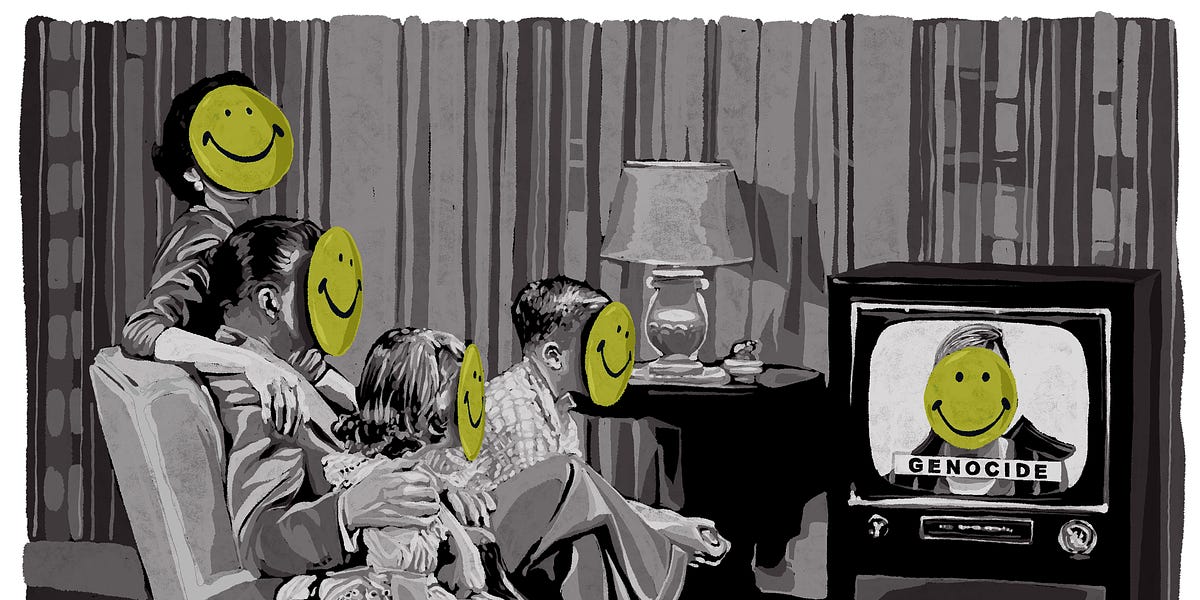moose eater
Well-known member
Very little has changed, other than nationalism is even more stylish, propaganda became even more insidious and dishonest, and there's even more people willing to believe fantasies and delusions, while supporting sociopaths and war criminals in the name of some misguided faux patriotism.Every bit as appropriate today as when it was originally released, as was the Dick Gregory content.













